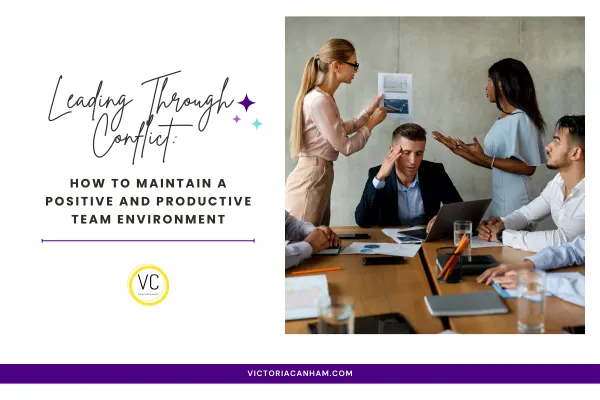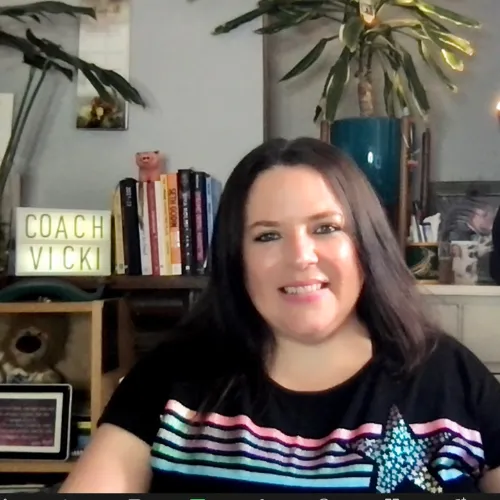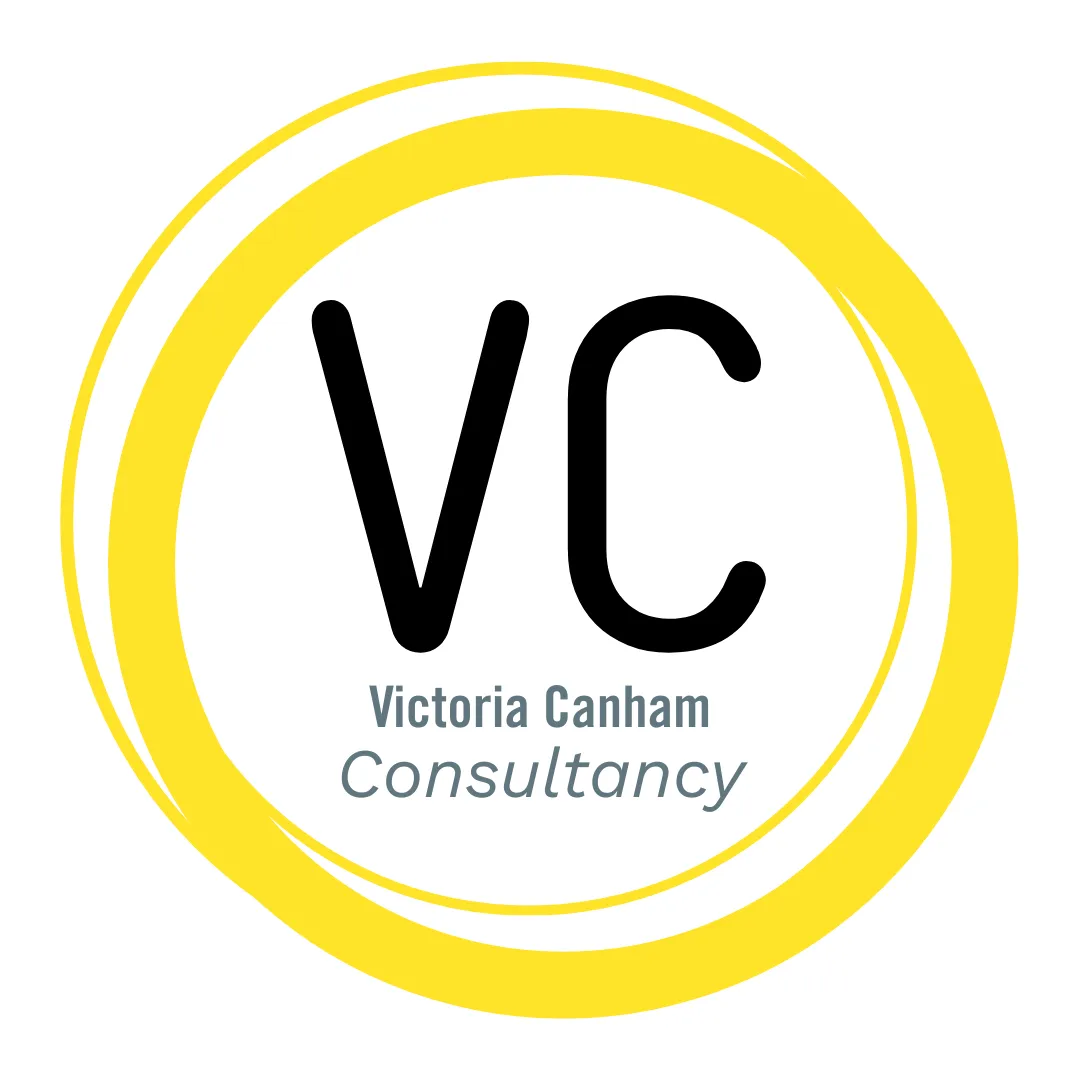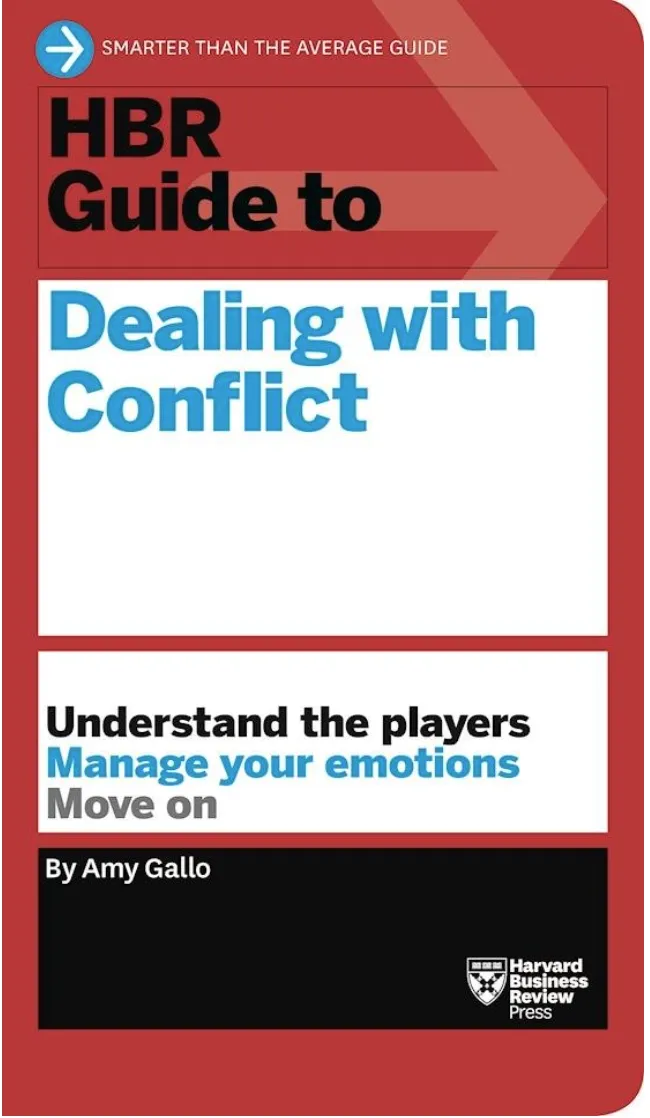Leading Through Conflict: How to Maintain a Positive and Productive Team Environment
Victoria Canham • 26 June 2024 • 5 min read

"The quality of our lives depends not on whether or not we have conflicts, but on how we respond to them."
~ Thomas Crum
Leadership can be tricky, we’re not taught how to lead at university and those management classes teach you management principles and models, not the practical application of dealing with real, live humans, with real personalities, opinions and emotions.
Let's face it, because of all those personalities, opinions and emotions, conflict happens. Even in the most amazing teams, with the best intentions, disagreements can pop up like rogue socks in the dryer. And for high-performing leaders, like you, these clashes can feel disruptive, threatening to the joy and productivity you've cultivated.
But fear not, conflict doesn't have to derail your dream of a joyful, productive team. Conflict doesn't have to be a setback. In fact, when managed effectively, it can be a catalyst for growth and innovation.
Understanding Conflict
We are wired to seek harmony. So, when conflict arises, it can feel disruptive and stressful. But what if we saw it differently? Conflict isn't inherently negative. It can highlight issues that need addressing and encourage diverse perspectives that can lead to innovation.
However, and this is a biggy, unmanaged conflict can erode trust, diminish morale, and reduce productivity. The key is to navigate through conflict effectively, maintaining a positive and productive team environment.
As a leader, your role is crucial in determining the outcome.
From Frustration to Focused Discussion: My Top Tips
You've built a team of high achievers, folks who've overcome setbacks and are committed to success. But here's the thing: high achievers sometimes have strong opinions! As an accredited mediator and performance coach, I've seen my fair share of team squabbles! The key is to channel that passion into a positive force. Here are some tried-and-tested tips to help you guide your team through conflict with ease:
Shifting Your Mindset
Conflict as Catalyst: View conflict not as a threat, but as a chance for growth. Disagreements can spark new ideas, reveal hidden concerns, and ultimately lead to better solutions. Shift your perspective. Conflict isn't a personal attack; it's often a clash of diverse ideas, a sign of a team engaged in the pursuit of excellence. See it as an opportunity to tap into this collective intelligence, fostering new solutions and strengthening team bonds.
Focus on the Team Goal: Refocus everyone's energy on the shared vision of your team. Remind them that conflict resolution strengthens the foundation upon which success is built. What are you all working towards? When everyone remembers their shared purpose, disagreements on specifics become easier to navigate.
Creating a Safe Space for Open Communication
This is where things get interesting. We all know how important communication is, but when tensions are high, it can be easy to shut down. Here's how to create a safe space for your team to truly be heard:
Psychological Safety First: Create a safe space where everyone feels comfortable expressing themselves without fear of judgement or retribution. This builds trust and encourages open communication.
Set Ground Rules: Establish clear communication guidelines for respectful disagreement. This might include things like "attack the problem, not the person" or "use 'I' statements' when expressing concerns”.
Listen Like You Mean It: Truly listen to each team member, acknowledging their perspective and feelings. It's amazing how much tension can melt away when someone feels genuinely heard.
Focus on "Why", Not "What": Instead of getting bogged down in opposing positions, explore the underlying reasons for the disagreement. What are everyone's hopes and concerns?
Celebrate Diverse Perspectives: Recognise that different viewpoints are not weaknesses, but strengths. Embrace a team dynamic where everyone feels valued for their unique perspective. Encourage respectful debate and celebrate creative solutions born from diverse thinking.
Prioritise Trust and Respect: Conflict can erode trust, but with effective leadership, it can also build stronger bonds. Focus on fostering a culture of mutual respect and understanding. When trust thrives, conflict becomes a collaborative exercise, not a personal battle.
Mediate the Conflict
Don't take sides or try to fix everything yourself. Your role is to facilitate a respectful conversation. Encourage active listening, acknowledge emotions, and help the team focus on finding solutions.
Equip your team with collaborative problem-solving skills. Guide them through brainstorming solutions, evaluating options objectively, and reaching a consensus that leverages everyone's strengths.
Lead by Example: Remember, your team is watching. Model the behaviours you expect: active listening, respectful communication, and a focus on finding solutions. Be open to feedback and demonstrate a willingness to adapt your approach.
Selectively Use Humour as a De-escalator: A carefully placed joke or lighthearted comment can ease tension and create a more relaxed atmosphere.
Celebrate Resolution and Growth
When conflict is resolved constructively, take a moment to acknowledge the team's effort. This reinforces positive conflict resolution practices and strengthens team spirit.
Case Study: The Marketing Mishap
Let me share a real-life example. I once worked with a marketing team where a disagreement over a campaign concept almost derailed the entire project. The designer felt their creative vision wasn't being heard, while the copywriter felt the design didn't align with the target audience.
By facilitating a conversation focused on "I" statements and exploring each other's concerns, they realised they both wanted the best outcome for the campaign. Ultimately, they reached a compromise that incorporated elements of both visions. Not only was the campaign a success, but the team emerged with a newfound respect for each other's perspectives.
The Path Forward
Remember:
Find Common Ground: Look for areas of agreement and build on them. Even small commonalities can bridge a divide.
Laughter is the Best Medicine: A well-timed joke or light-hearted comment can ease tension and create a more relaxed atmosphere.
Celebrate Resolution: Acknowledge and celebrate the team's effort in reaching a solution. This reinforces positive conflict resolution practices.
Leading through conflict takes courage, but the rewards are immense. You've overcome challenges before, and you will again. Leading through conflict is another hurdle on your path to building a happy, high-performing and successful team. Embrace the opportunity to grow together and celebrate the resilience you've all built.
Ready to Transform Conflict into Collaboration?
Leading through conflict requires skill, but with the right approach, it can be a rewarding experience that strengthens your team.
If you're looking for more guidance on navigating conflict or building a high-performing team, I'd love to chat! Book a free discovery call with me, and let's discuss how I can help you create a joyful, productive work environment where everyone thrives.
Remember, a happy team is a high-performing team! So, let's get that conflict working for you, not against you.
Recommended Reading
HBR Guide to Dealing with Conflict - Amy Gallo
While some of us enjoy a lively debate with colleagues and others prefer to suppress our feelings over disagreements, we all struggle with conflict at work. Every day we navigate an office full of competing interests, clashing personalities, limited time and resources, and fragile egos. Sure, we share the same overarching goals as our colleagues, but we don't always agree on how to achieve them. We work differently. We rub each other the wrong way. We jockey for position.
How can you deal with conflict at work in a way that is both professional and productive--where it improves both your work and your relationships? You start by understanding whether you generally seek or avoid conflict, identifying the most frequent reasons for disagreement, and knowing what approaches work for what scenarios. Then, if you decide to address a particular conflict, you use that information to plan and conduct a productive conversation.
We’re not just about overcoming obstacles, we’re about transforming lives.

Victoria Canham - Mental Performance Coach
Victoria is an ICF-accredited certified professional coach, who offers bespoke performance coach. With a background in change management and countless hours of professional coaching training and experience, I made the big switch to full-time coaching in 2020. I know what it is like to suddenly have the rug pulled out from under you while you're busy making other plans, as a result, I now help people like you to bounce back from adversity and major setbacks to emerge stronger and better than ever before. Our clients have transformed from feeling overwhelmed by life's challenges to confident, goal-driven individuals who navigate life's obstacles with ease. They've achieved their personal and professional objectives and embodied peak performance in all aspects of life. You too can experience this transformation. This is your moment. Your chance to take control, to choose growth over stagnation, achievement over inaction. This is your opportunity to prove to yourself that you're not defined by your challenges—you're defined by how you rise above them. Are you ready to transform your life and achieve peak performance?
FREE RESOURCES
© Copyright 2026 Victoria Canham Coaching | Website built by Me on FEA Create (aff.)
Performance Coaching Reading, London, Berkshire, Oxford | St George's Road, Reading, Berkshire, United Kingdom, RG30 2RL | +44 7377 527 529 | [email protected] Open Monday to Friday 9 am until 5 pm


Facebook
Instagram
LinkedIn
Youtube
TikTok